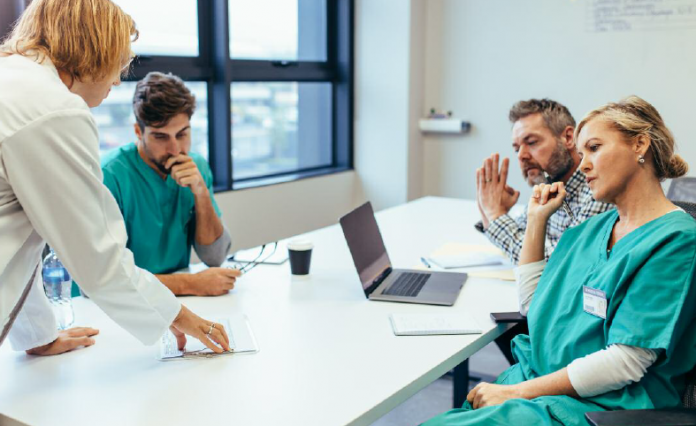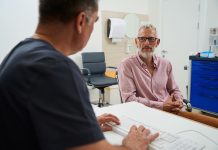Karin Kadenbach MEP (S&D, AT), Vice-President of the European Health Forum Gastein details her priorities to steer Europe towards a healthy future
The urgent need for health system transformation in Europe is undisputed, and the only way to make this happen is by pursuing a bold approach.
Over the past decades, European societies have significantly changed, and on many different fronts. We are faced with an unforeseen spectrum of opportunities and challenges, brought about by globalisation, innovation, and a digital revolution. Not surprisingly, the
lifestyles of Europeans have changed with these developments and, in consequence, so has the burden of disease. The rise of non-communicable diseases (NCDs) is an example of how different societies are compared to what they were a few decades ago, illustrating
also the extent to which the budget-constrained health systems in Europe today are under pressure to keep up and transform.
NCDs have replaced infectious diseases as the number one killer, in Europe and worldwide. According to the European Commission, NCDs now account for 555,000 premature deaths in Europe each year. Money alone is not enough to realise an effective response to this
threat. We need to think outside the box, and to not be afraid to overhaul current structures, to develop systems and processes focused on prevention, that offer timely access to care and treatment, and that are resilient enough to respond to people’s continuously evolving needs.
We also need systems that are able to respond to the challenges of the future, challenges we cannot even imagine today. This is why this year’s edition of the European Health Forum Gastein (EHFG), which will take place during the Austrian Presidency of the European Union from 3rd to 5th October 2018, focuses on health and sustainable development, highlighting the urgency to make bold political choices for Agenda 2030. I very much welcome this call for audacity. The current political climate in European countries is tempestuous as well, to say the least, and should be met with a similar approach. With the European elections taking place in May 2019 and with the deadline to reach the Sustainable Development Goals (SDGs) getting closer, now is the right time to push for change.
The Sustainable Development Goals (SDGs) reflect the understanding that the world is continuously changing. Furthermore, the SDGs recognise the need to be ambitious, to integrate health in all policies and in discussions at all political levels. For instance, the threat of antimicrobial resistance (AMR) cannot be addressed without involving policymakers from other fields, like agriculture. And without effectively tackling AMR, which accounts for approximately 25,000 deaths per year in the European Union alone (European Centre for Disease Prevention and Control), achieving the SDGs will be difficult, especially because of the significant social and economic burden AMR inflicts.
Healthy people, and especially a healthy force of medical professionals, have a key role to play in managing the threat of AMR. As is also pointed out in the motion for a European Parliament resolution on a European One Health action plan against AMR, for which I am the rapporteur in the European Parliament’s Committee on the Environment, Public Health and Food Safety, there is a strong urgency to establish training facilities that offer guidance to medical professionals on the use of antibiotics. Moreover, medical professionals often have to make important decisions in dynamic environments, which is why the report calls for the development of rapid diagnostic tests. If anything, being bold means being efficient and practical.
But the challenge around medical professionals is broader. Many European countries are confronted with different problems around human resources for health, from staff shortages to a lack of skills. Overall, skilled health professionals are essential to provide the adequate care needed to tackle AMR and NCDs, as well as to reach the Sustainable Development Goals. Realising access to quality care stands or falls with the availability of properly trained and equipped medical professionals, that moreover heed evidence-based practice.
This important issue, as well as many other health matters, will be discussed by the 500 European health policy experts that will come together in Bad Hofgastein this October.
Karin Kadenbach MEP (S&D, AT)
Vice-President
European Health Forum Gastein
Tel: +32(0)2 28 45475
karin.kadenbach@europarl.europa.eu
www.europarl.europa.eu/meps/en/97014/KARIN_KADENBACH_home.html
www.twitter.com/karinkadenbach











